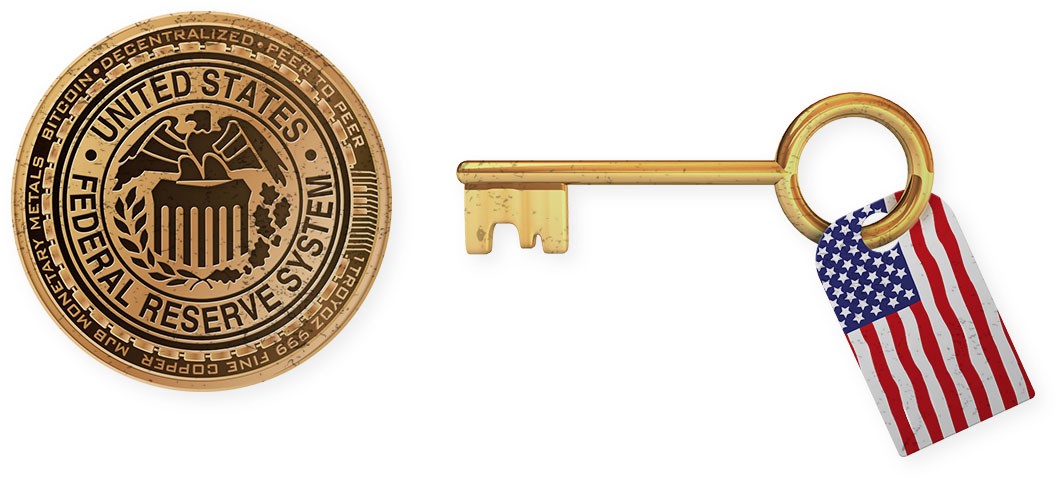PALO ALTO, Calif. (Reuters) - The Federal Reserve is looking at a broad variety of issues around digital payments and currencies, including policy, design and legal factors to consider around potentially releasing its own digital currency, Additional reading Governor Lael Brainard stated on Wednesday. Brainard's remarks suggest more openness to the possibility of a Fed-issued digital coin than in the past." By transforming payments, digitalization has the possible to deliver higher value and convenience at lower cost," Brainard said at a conference on payments at the Stanford Graduate School of Business.
Main banks worldwide are debating how to manage digital finance technology and the distributed ledger systems utilized by bitcoin, which guarantees near-instantaneous payment at possibly low cost. The Fed is developing its own day-and-night real-time payments and settlement service and is presently examining 200 remark letters submitted late in 2015 about the suggested service's design and scope, Brainard stated.

Less than 2 years ago Brainard informed a conference in San Francisco that there is "no compelling demonstrated need" for such a coin. However that was before the scope of Facebook's digital currency aspirations were extensively understood. Fed Visit this link authorities, consisting of Brainard, have raised issues about consumer defenses and data and personal privacy threats that could be positioned by a currency that might enter use by the 3rd of the world's population that have Facebook accounts.
" We are collaborating with other reserve banks as we advance our understanding of reserve bank digital currencies," she stated. With more countries looking into issuing Helpful site their own digital currencies, Brainard stated, that includes to "a set of reasons to likewise be making sure that we are that frontier of both research study and policy advancement." In the United States, Brainard stated, problems that need study consist of whether a digital currency would make the payments system more secure or easier, and whether it might posture monetary stability threats, consisting of the possibility of bank runs if cash can be turned "with a single swipe" into the main bank's digital currency.
To counter the monetary damage from America's unprecedented national lockdown, the Federal Reserve has taken extraordinary steps, consisting of flooding the economy with dollars and investing straight in the economy. Most of these moves received grudging acceptance even from lots of Fed skeptics, as they saw this stimulus as needed and something just the Fed might do.
My brand-new CEI report, "Government-Run Payment Systems Are Unsafe at Any Speed: The Case Against Fedcoin and FedNow," information the dangers of the Fed's existing plans for its FedNow real-time payment system, and propositions for central bank-issued cryptocurrency that have been dubbed Fedcoin or the "digital dollar." In my report, I go over issues about personal privacy, information security, currency control, and crowding out private-sector competitors and innovation.
Supporters of FedNow and Fedcoin say the federal government needs to develop a system for payments to deposit quickly, rather than motivate such systems in the personal sector by lifting regulative barriers. But as kept in mind in the paper, the private sector is supplying a seemingly limitless supply of payment technologies and digital currencies to resolve the problemto the extent it is a problemof the time space in between when a payment is sent out and when it is received in a bank account.
And the examples of private-sector development in this area are numerous. The Cleaning House, a bank-held cooperative that has been routing interbank payments in numerous kinds for more than 150 years, has been clearing real-time payments given that 2017. By the end of 2018 it was covering 50 percent of the deposit base in the U.S.